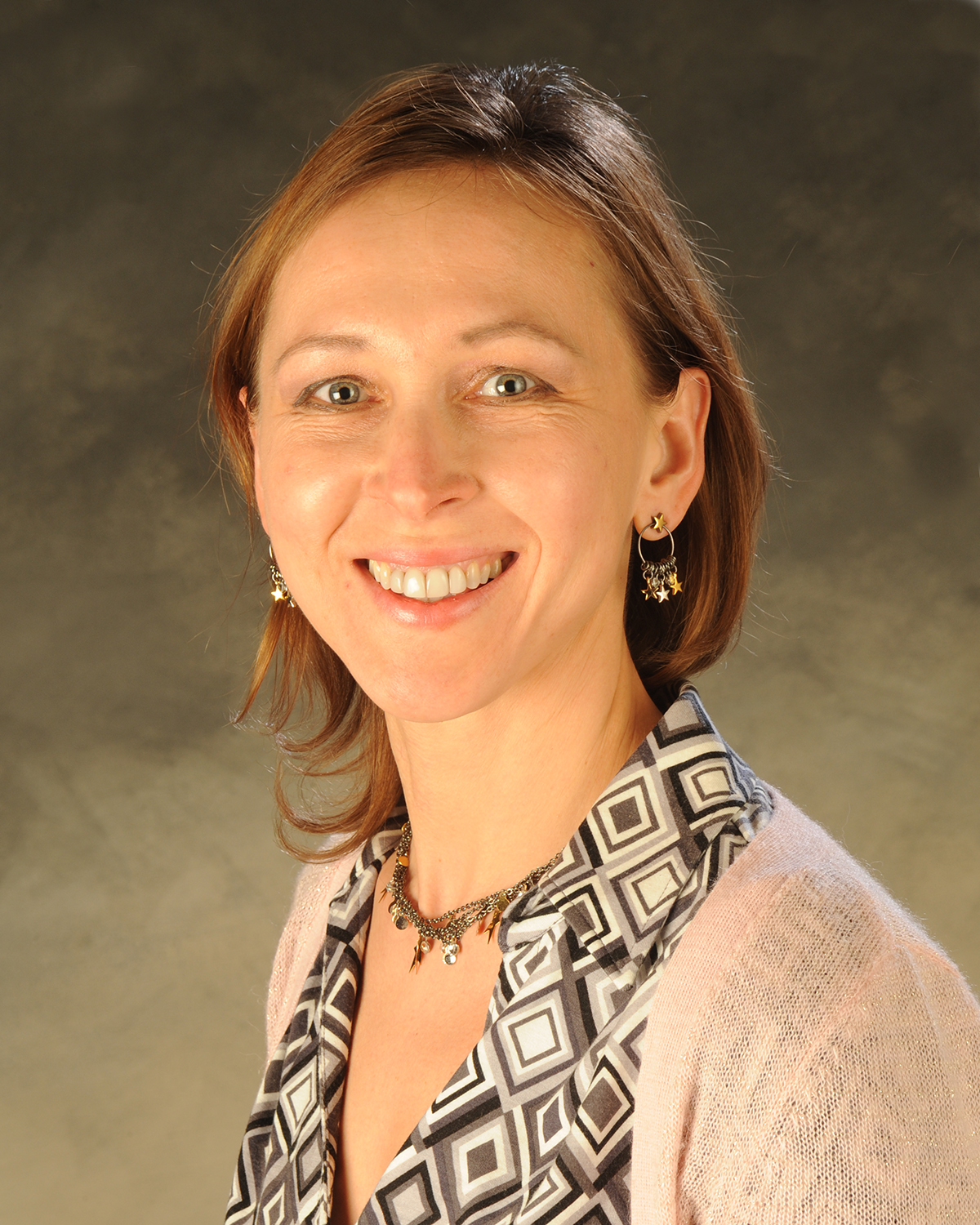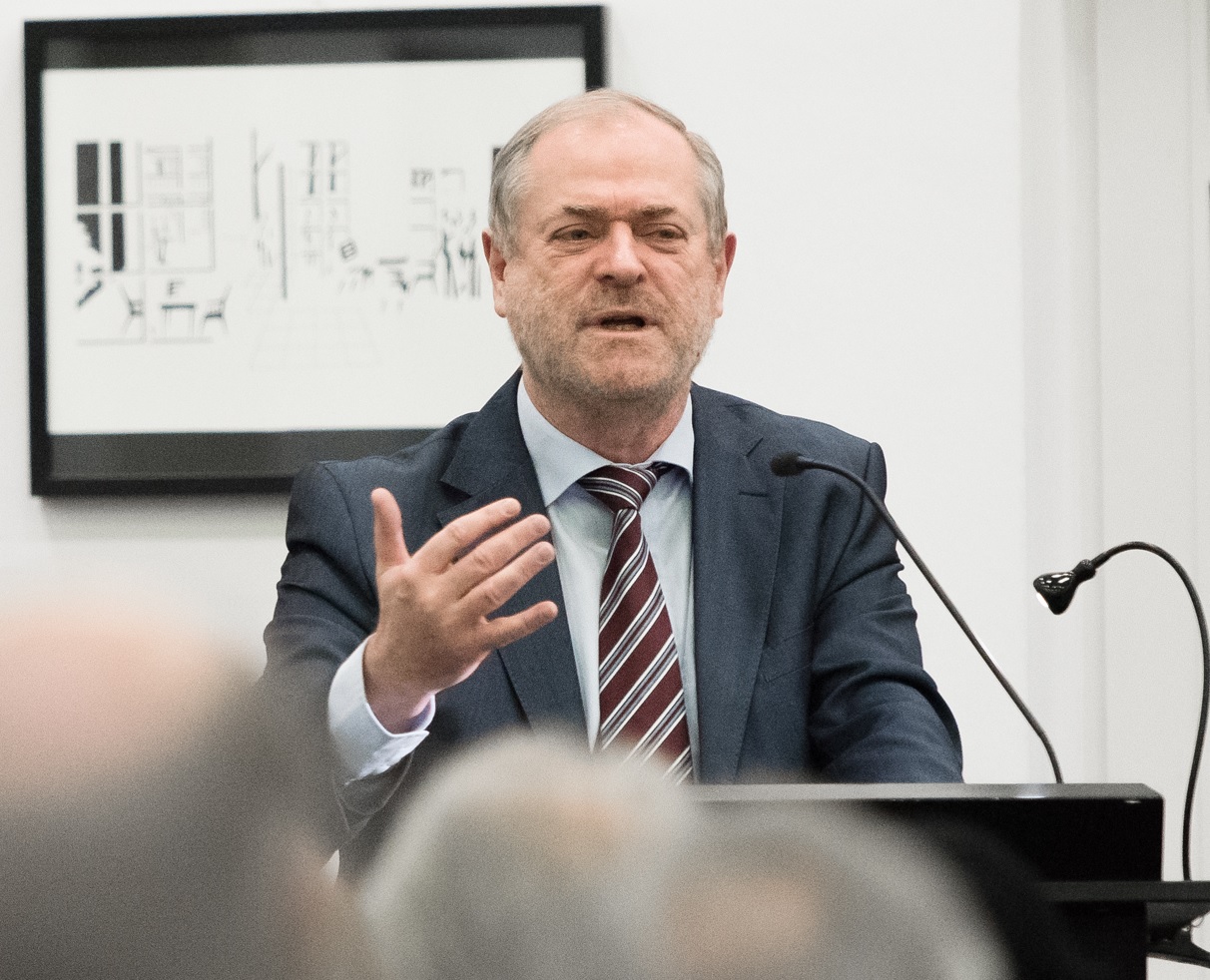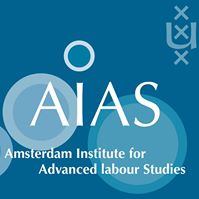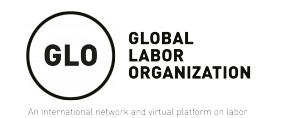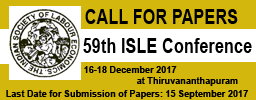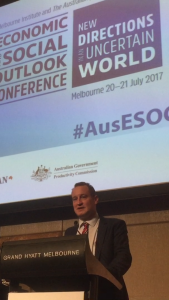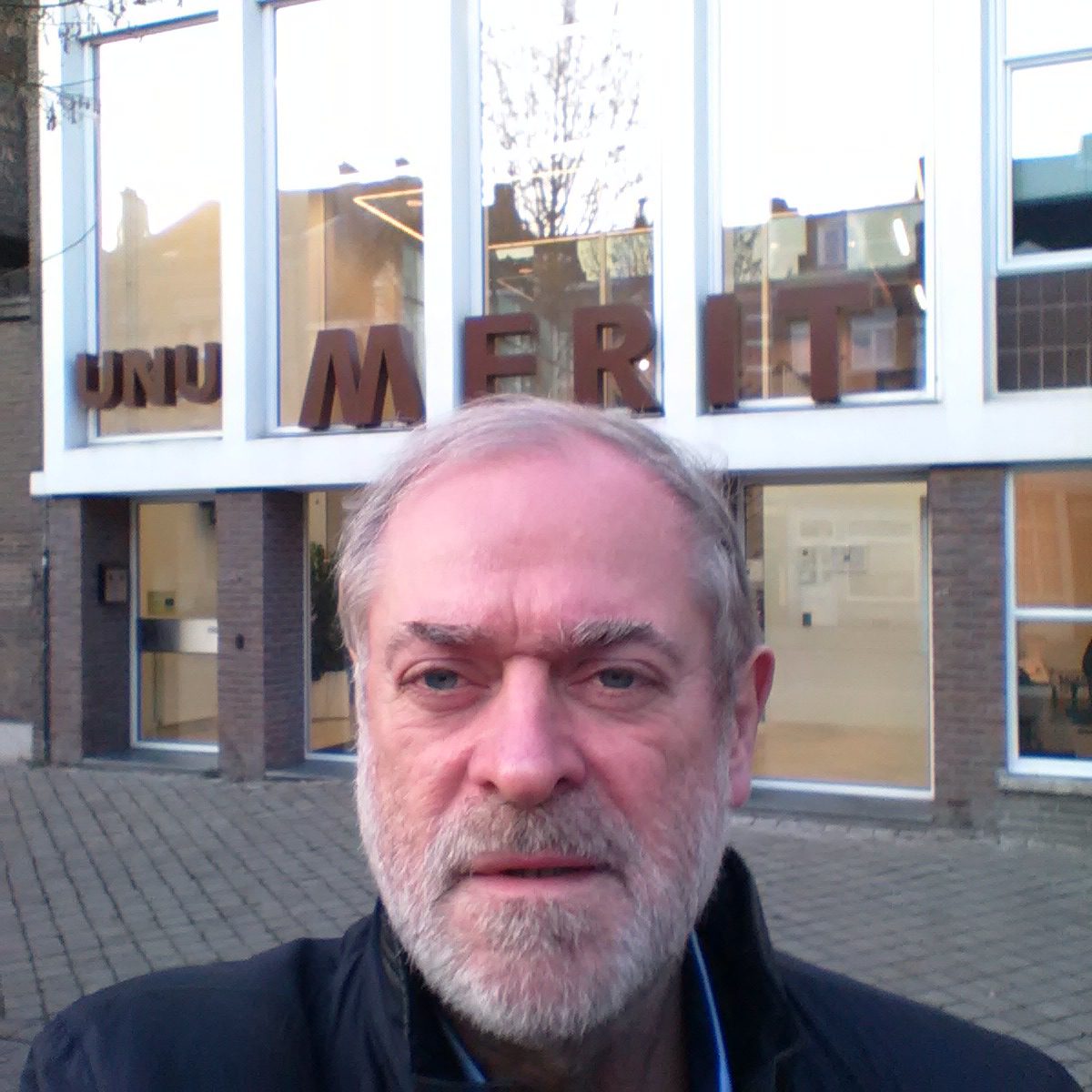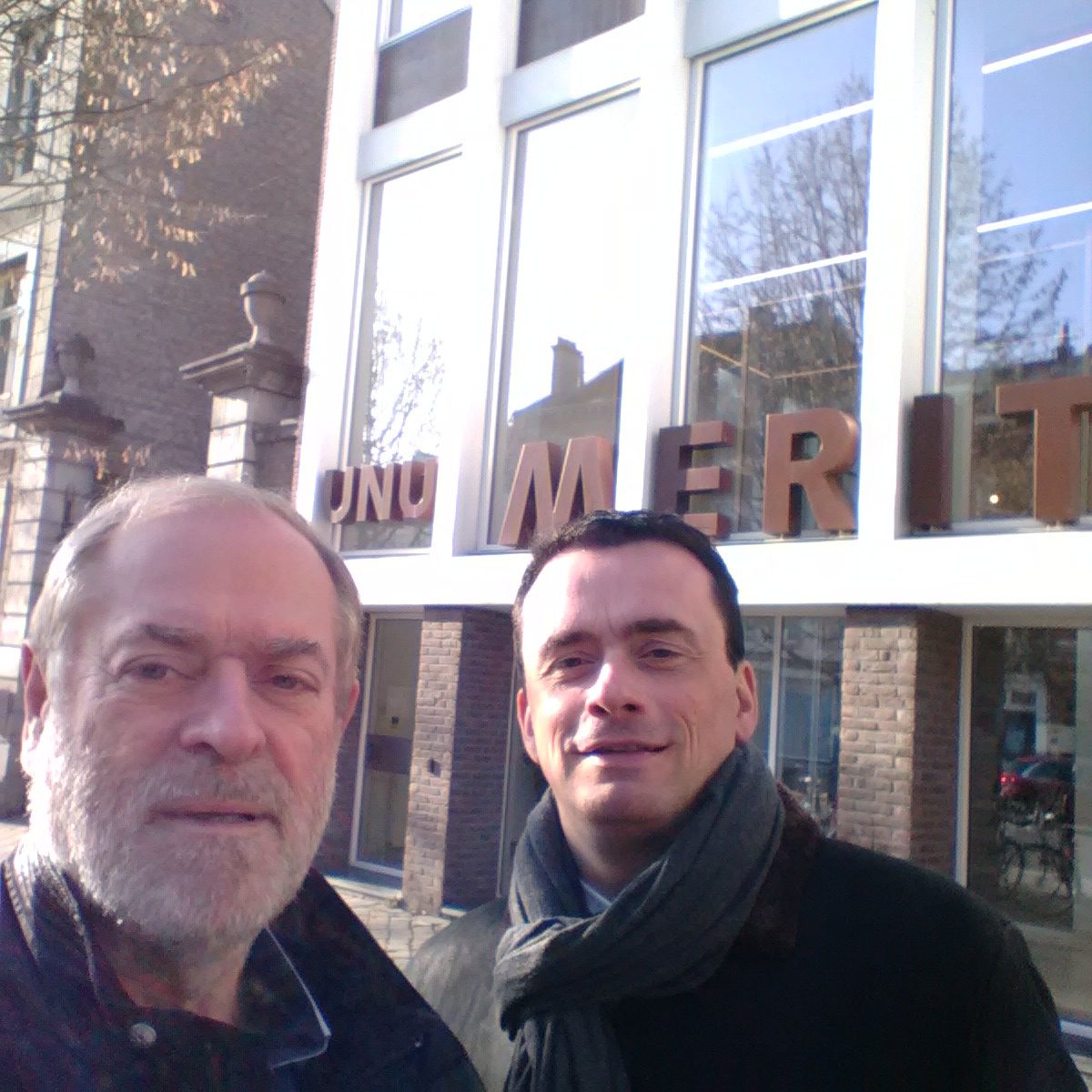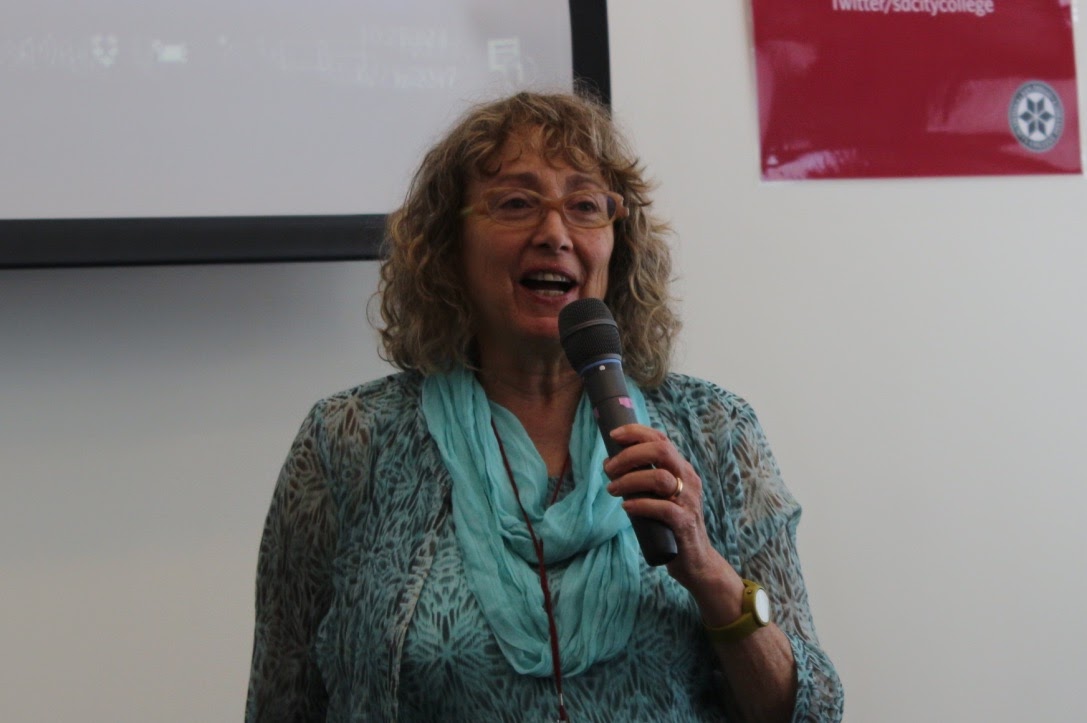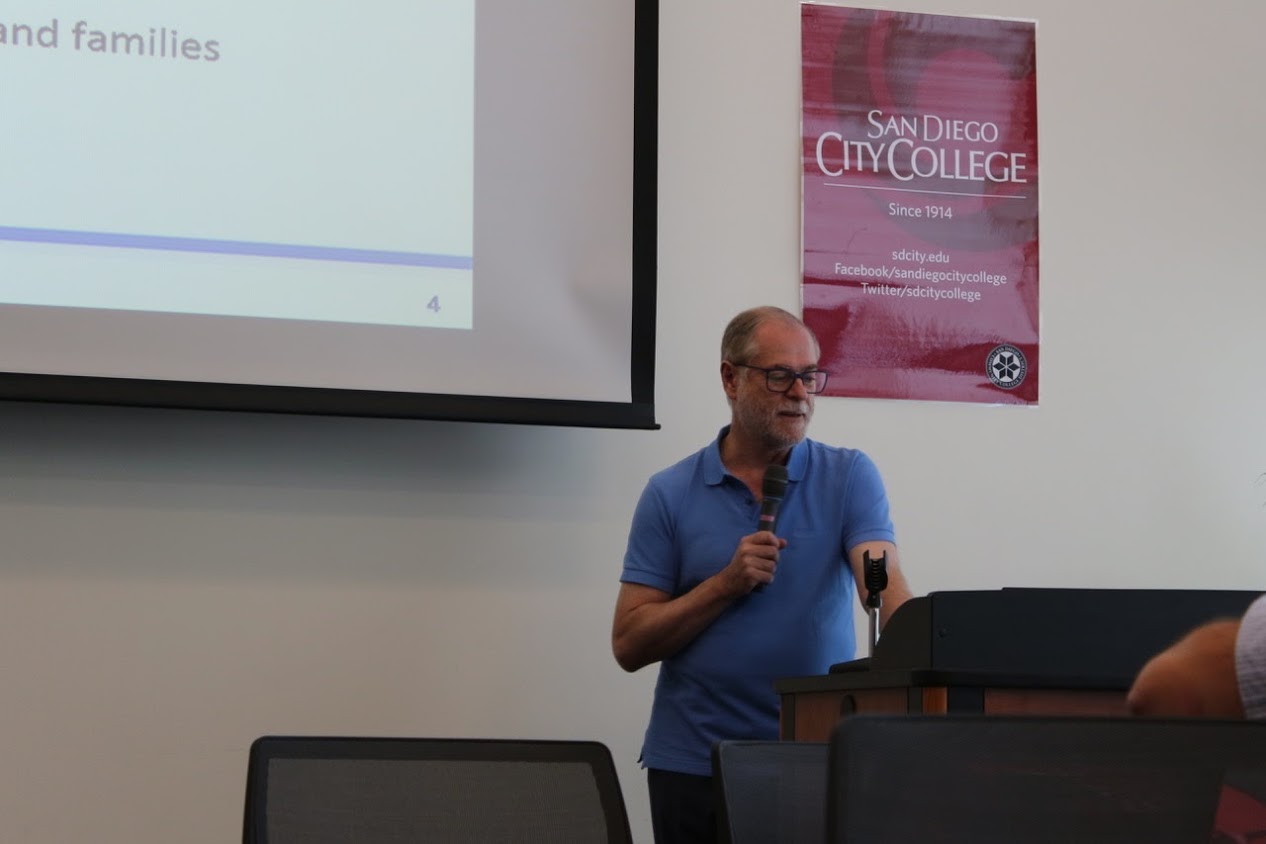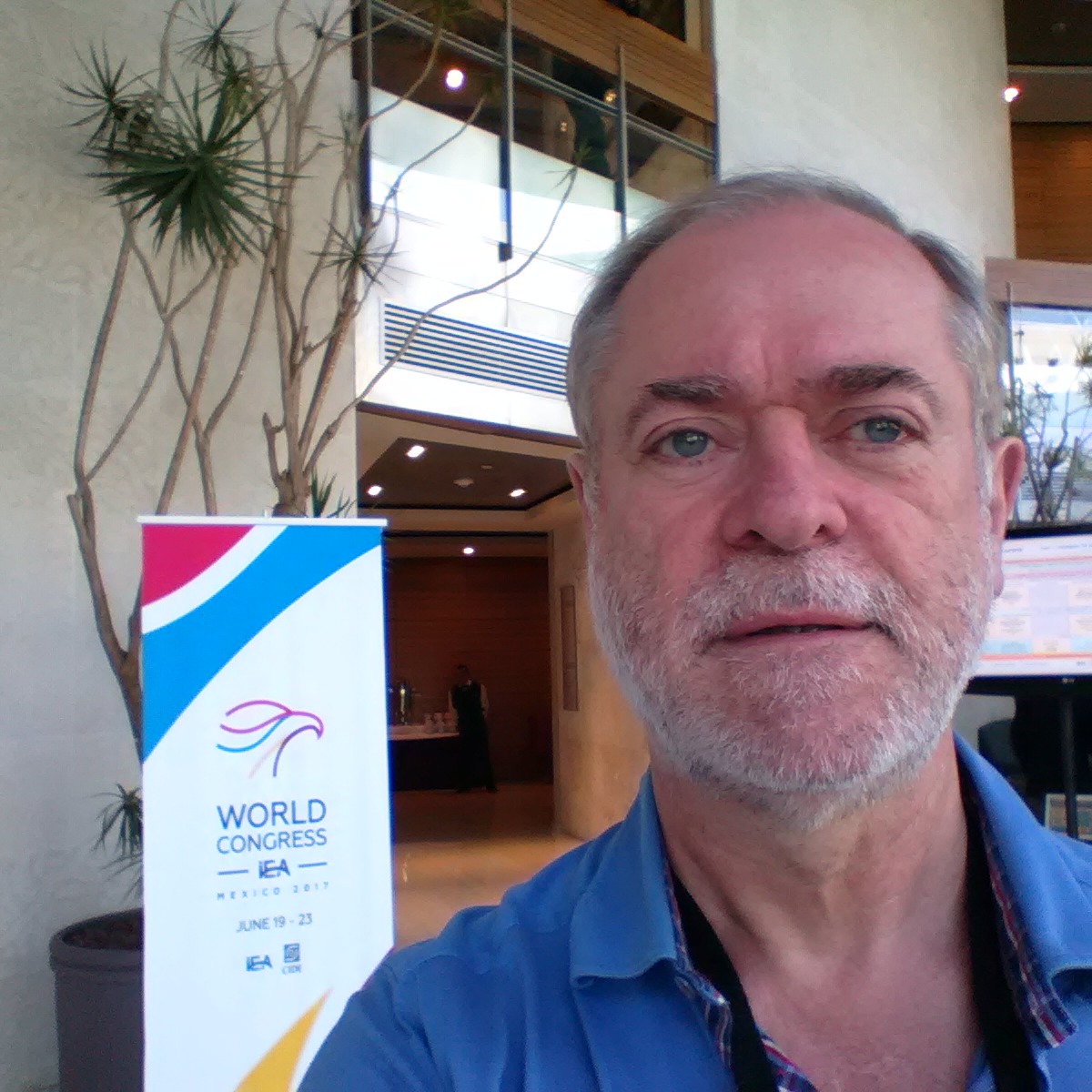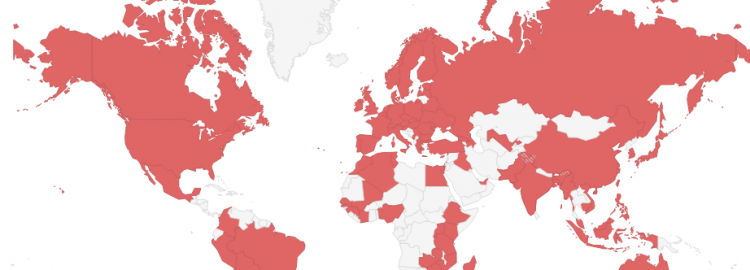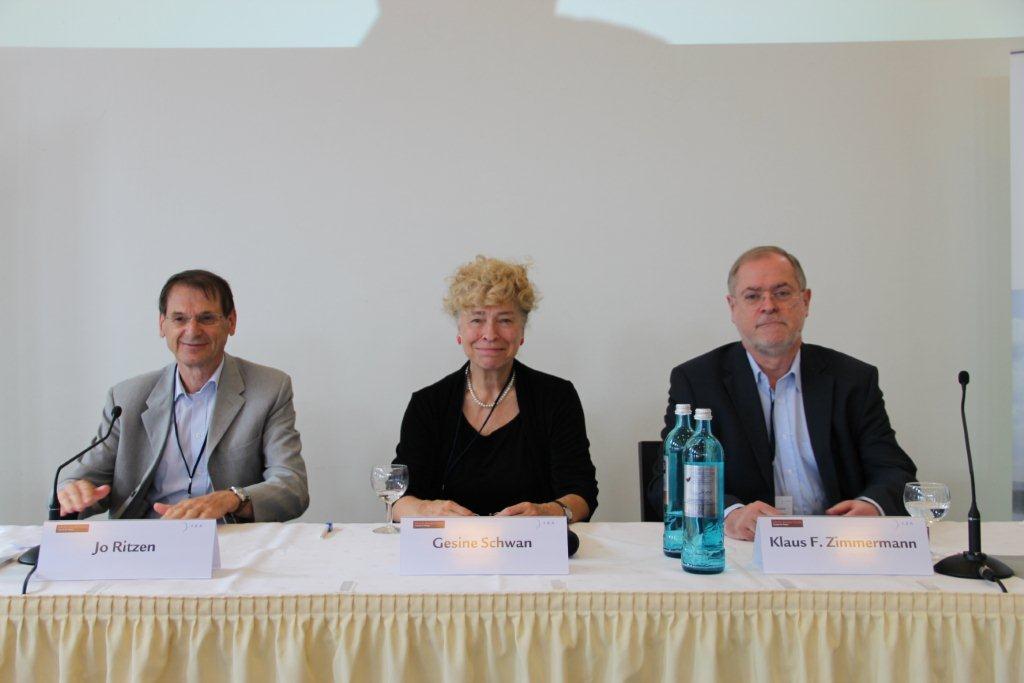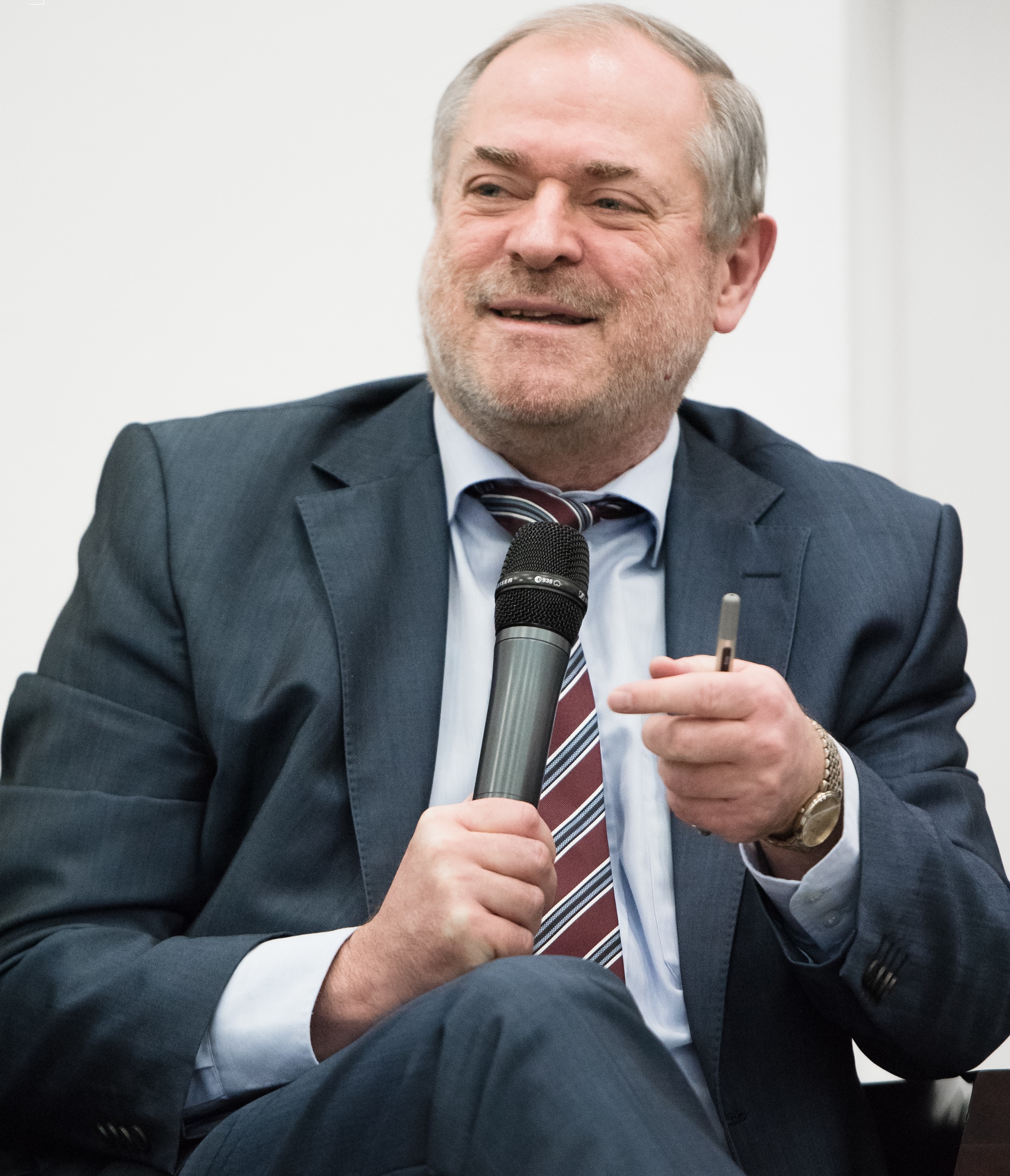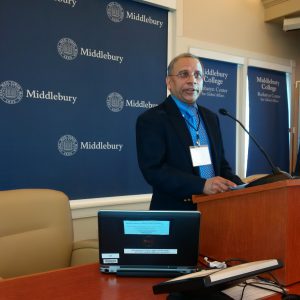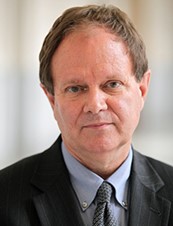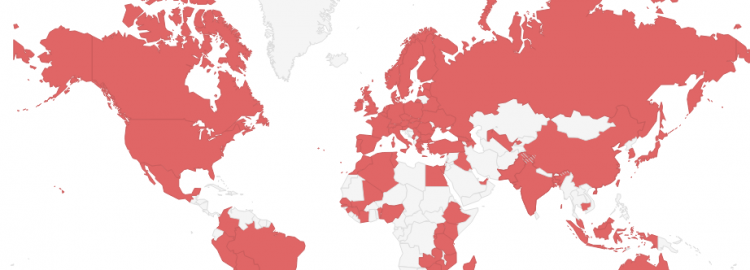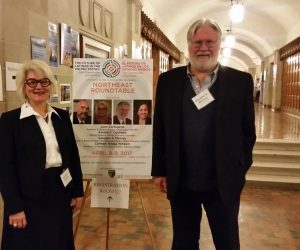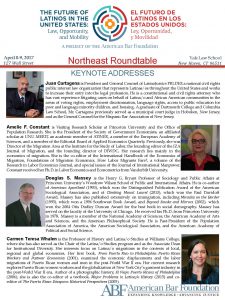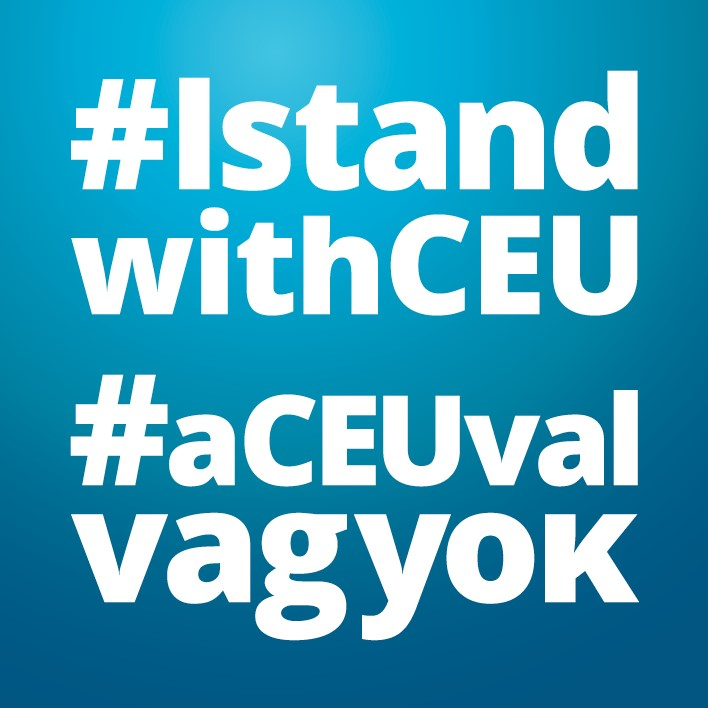Populisten setzen auf Abschottung – das verhindert eine Verteilungspolitik, von der alle profitieren.
Seit Trumps Wahlsieg wurde es oft wiederholt: Seine Wählerschaft setze sich mehrheitlich aus den “Verlierern der Globalisierung” zusammen, Menschen also, deren Löhne seit Jahren stagnierten und die kaum mehr von ihrer Hände Arbeit leben könnten. Auch in Deutschland und anderen europäischen Ländern wird über die Stagnation der Löhne in der unteren Hälfte der Verteilung diskutiert. Denn seit zwei Jahrzehnten sind die Lohnzuwächse ungleich verteilt – das belegen Studien.
Angelockt wurden die Wähler in den USA mit Aussagen, wonach Einwanderung, Globalisierung und Klimaschutz der Ursprung allen Übels sei. Auch in Europa gehen populistische Bewegungen mit solchen Behauptungen auf Stimmenfang. Die Populisten kommen aus allen politischen Richtungen. Es geht nicht mehr um “rechts” gegen “links”, sondern um “offen” versus “geschlossen”: offene Grenzen, Offenheit für Innovation und für Freihandel, offene Arbeits- und Kapitalströme. Oder eben geschlossen.
Die US-Regierung hat sich für “Schließen” entschieden und will die amerikanische Schifffahrts-, Stahl- und sogar die Kohleindustrie wiederbeleben. Wie teuer und wenig wirkungsvoll solche rückwärtsgewandten und über staatliche Subventionen finanzierten Politikmaßnahmen sind, wissen wir in Deutschland zur Genüge. Im Ruhrgebiet hat man vor 30 Jahren vergeblich versucht, mittels Subventionen das Rad des Strukturwandels aufzuhalten und die Montanindustrie künstlich am Leben zu erhalten. Produktionsprozesse, die in kostengünstigere Länder verlagert wurden, wird man nur verbunden mit geringerer Produktqualität, höheren Preisen und ausufernden Staatsausgaben zurückholen können. Länder, die eine solche Politik verfolgen, werden erhebliche Wohlstandsverluste erleiden. Ob Regierende ihre Versprechen an die “Verlierer der Globalisierung” so halten können, ist mehr als fraglich.
Aus dem Silicon Valley kommt ein anderer Vorschlag: Roboter zu besteuern, die Menschen Arbeitsplätze “wegnehmen”. Die Steuereinnahmen sollen ein bedingungsloses Grundeinkommen für diejenigen finanzieren, die aufgrund der Roboter ohne Arbeit sind. Klingt wie ein Perpetuum Mobile. Eine ähnliche “Maschinensteuer” wurde vor Jahrzehnten diskutiert; aber so werden lediglich Kapitalkosten erhöht und der technologische Fortschritt verlangsamt, mit negativen Folgen für die Produktivität, die Reallöhne, die Investitionstätigkeit und auch für die Beschäftigung.
Wissen muss sich noch besser über Grenzen hinweg verbreiten können
Für den sozialen Frieden und die Stabilität in einem Land ist es entscheidend, dass alle am zunehmenden Wohlstand teilhaben. Die zentrale Frage ist also, warum nicht jeder von den Chancen der Globalisierung profitiert. Es fällt auf, dass trotz vieler grundlegender Innovationen das Wirtschaftswachstum in den vergangenen 20 Jahren überraschend schwach verlaufen ist. Der Grund: Während global agierende Firmen auf der Basis der Innovationen ein robustes Produktivitätswachstum verzeichnen, hat sich die Kluft zwischen den Weltmarktführern und anderen Firmen erhöht. Das liegt daran, dass der Wissenstransfer von diesen Weltmarktführern zu anderen kleinen und mittelständischen Unternehmen (KMUs) nur noch schlecht funktioniert. Gleichzeitig investieren diese KMUs immer weniger in Forschung und Entwicklung, um eigenes Wissen zu generieren.
Es sind also nicht Innovationen per se, die das gegenwärtige Wirtschaftswachstum so schwach und das Einkommenswachstum so ungleich machen. Es ist der ungleich verteilte Zugang zu Innovationen und der verlangsamte Prozess der Verbreitung von Innovationen von Innovationsführern zu anderen Firmen. Folgt man den Populisten und schließt seine Grenzen, so wird sich die Verbreitung von Innovationen zusätzlich verlangsamen, mit negativen Folgen für Wachstum und Löhne.
Offenheit ist also essenziell für ein höheres Wirtschaftswachstum. Wissen, die Grundvoraussetzung für Innovationen, muss sich besser über Grenzen hinweg und zwischen Innovationsführern und kleineren Firmen verbreiten, sodass mehr Menschen an einer dann stärker wachsenden Wirtschaft teilnehmen können. Was heißt das für die Politik? In Deutschland wollen nahezu alle demokratischen Parteien mit Innovation punkten. Für einen besser funktionierenden “Markt der Ideen” müssen sie also die Verbreitung von Wissen und Innovation mehr fördern, und nicht nur Innovationen per se. Auf Unternehmensseite etwa, indem KMUs besseren Zugang als bisher zu den Ergebnissen staatlich geförderter Forschung und Entwicklung (F&E) bekommen. Auch benötigen Mittelständler stärkere Anreize für private Investitionen in F&E, sie fallen dort seit Jahren gegenüber Großunternehmen zurück. Ebenso muss man über Reformen zum Schutz des geistigen Eigentums nachdenken, aber in die Richtung, dass der Wissenstransfer eher gewährleistet wird.
Es müssen auch mehr Netzwerke zwischen Universitäten, Forschungsinstituten und Start-ups ausgebaut werden, sodass aus Forschungsergebnissen neue, schnell wachsende Unternehmen und damit zusätzliche Arbeitsplätze entstehen können, ein Schwachpunkt in Deutschland und Europa. Dafür brauchen kleinere Unternehmen nach wie vor auch einen besseren Zugang zu Risikokapital.
Auf Seite der Beschäftigten stehen drei Maßnahmen an: Zum einen mehr Gewinnbeteiligung, gerade für Beschäftigte, deren Löhne im unteren Bereich der Einkommensverteilung liegen, um diese Menschen an positiver wirtschaftlicher Entwicklung teilhaben zu lassen. Zum anderen muss der Zugang zu Wissen verbessert werden. Die derzeit Beschäftigten benötigen Zugang zu neuen Formen der Weiterbildung, die auf ihren Bedarf zugeschnitten sind und ihnen bessere Jobperspektiven eröffnen. Für die zukünftig Beschäftigten muss Deutschland daran arbeiten, die Quote von mehr als zehn Prozent aller Arbeitskräfte ohne Berufsabschluss im Arbeitsmarkt zu senken. Berufsrelevantes praktisches Wissen wird immer nötiger werden. Dafür bedarf es einer Ausbildungsstrategie, die bereits in der Schule ansetzt.
Gelingt es mit diesem Politikmix, die Produktivität eben nicht nur bei den globalen Weltmarktführern zu erhöhen, so resultieren daraus eine verbesserte Spezialisierung, ein stärkeres Wirtschaftswachstum, aber auch mehr und besser bezahlte Jobs, auch für Menschen, die sich derzeit abgehängt fühlen.
Der Wohlstand muss in Zukunft besser aufgeteilt werden. Hierfür lohnt es, nicht erst bei einer nachträglichen Umverteilung anzusetzen, sondern viel früher, nämlich bei einem besseren Zugang zu Wissen und Innovationen.”
Süddeutsche Zeitung vom 3. 7. 2017. Mit Zustimmung des Autors.
Ends;

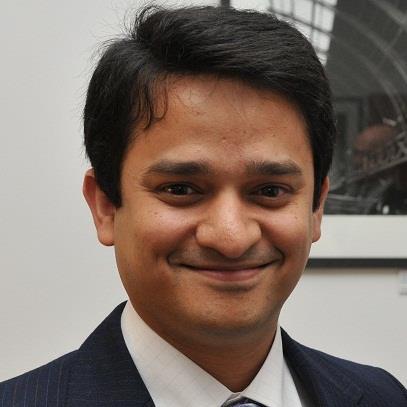

 Matloob Piracha (University of Kent and GLO)
Matloob Piracha (University of Kent and GLO) Klaus F. Zimmermann (UNU-MERIT and GLO)
Klaus F. Zimmermann (UNU-MERIT and GLO)